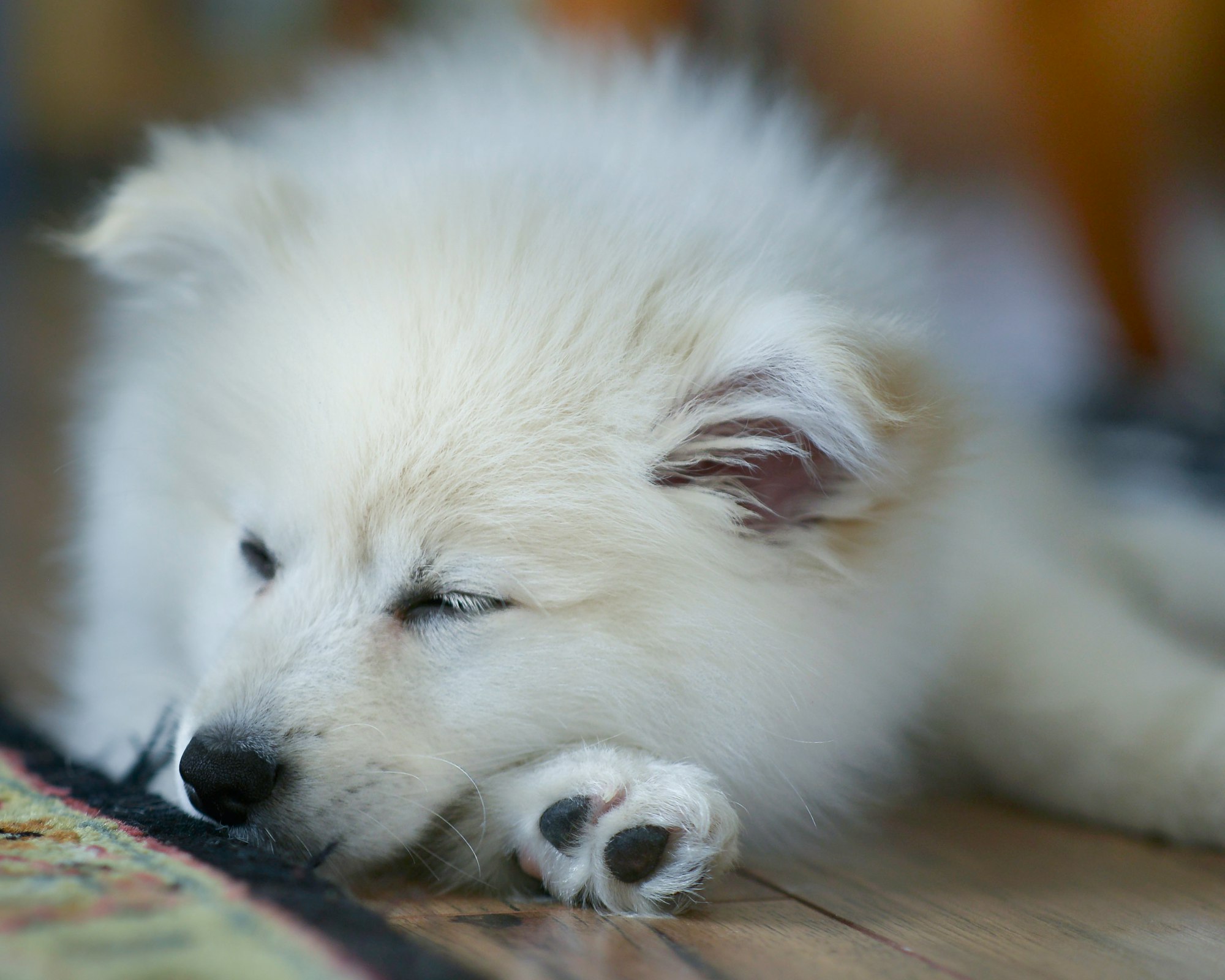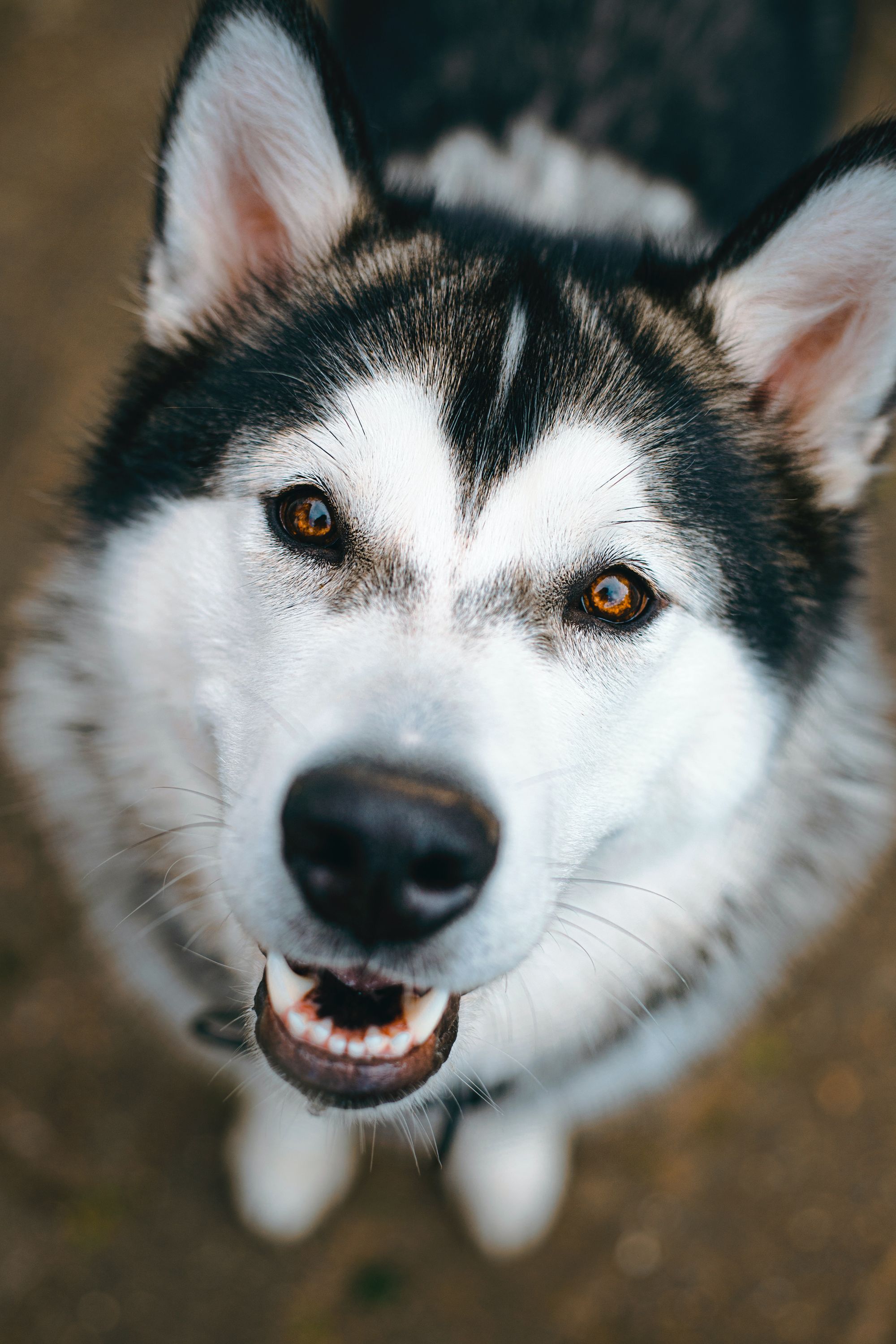Raising a new puppy often brings with it concerns about their behavior, particularly when it comes to biting. As a new puppy parent, you might find yourself puzzled and asking why your puppy seems to be biting aggressively. It's important to understand that what might seem like aggressive behavior is often a normal part of puppyhood, as young dogs explore their world and play by biting objects, including your hands and fingers if they're within reach. However, there are gentle and effective ways to guide your puppy toward better interaction habits with you and others, ensuring a harmonious relationship as they grow.
A Matter of Play
You may have observed that your young puppy is always eager to bite your hands or other things with his sharp little teeth. You may have started worrying already that this behavior is becoming aggressive and consistent. This is just your puppy playing, and it is normal behavior.
Behavioral professionals advise that what might look like aggressive biting puppy behavior is just normal nipping that has exceeded a little.
The reason for your puppy’s playing behavior stems from a habit that he developed with his littermates while still at the breeder’s home.
Once the puppy has found a new home at your place, it is normal that he will miss the mock fights, chasing, and growling that was part of his daily life at the breeder’s home. Therefore, playing is normal behavior for the puppy, and he will bite as a way of alerting you that it is playtime.
How you respond to the biting matters; it determines whether your people will adopt an aggressive biting behavior or it will remain normal nibbling. He can also grab your pants, bite on the carpet, or pull your sleeves as a way of engaging in normal games. Consider this a normal behavior that is good for your puppy’s health.
A Matter of Genes
Biting is normal puppy behavior. However, some breeds tend to bite a lot, depending on whether the puppy belongs to a dog breed that was predominantly trained to bite. Dogs bred to herd livestock or guard places are predisposed to biting from when they are puppies. A puppy from this lineage will tend to show aggressive biting behavior.
Some of the dog breeds trained for livestock herding include German Shepherds and Australian Cattle Dogs. If you obtain a pup with these genes, chances are that he will be an aggressive biting puppy because the parent dogs were solely bred to herd livestock, which are always stubborn.
You should help the pup channel his aggressive biting energy into some other alternative activities. The puppy will need a lot of redirection activities and more training to stop the innately aggressive biting.
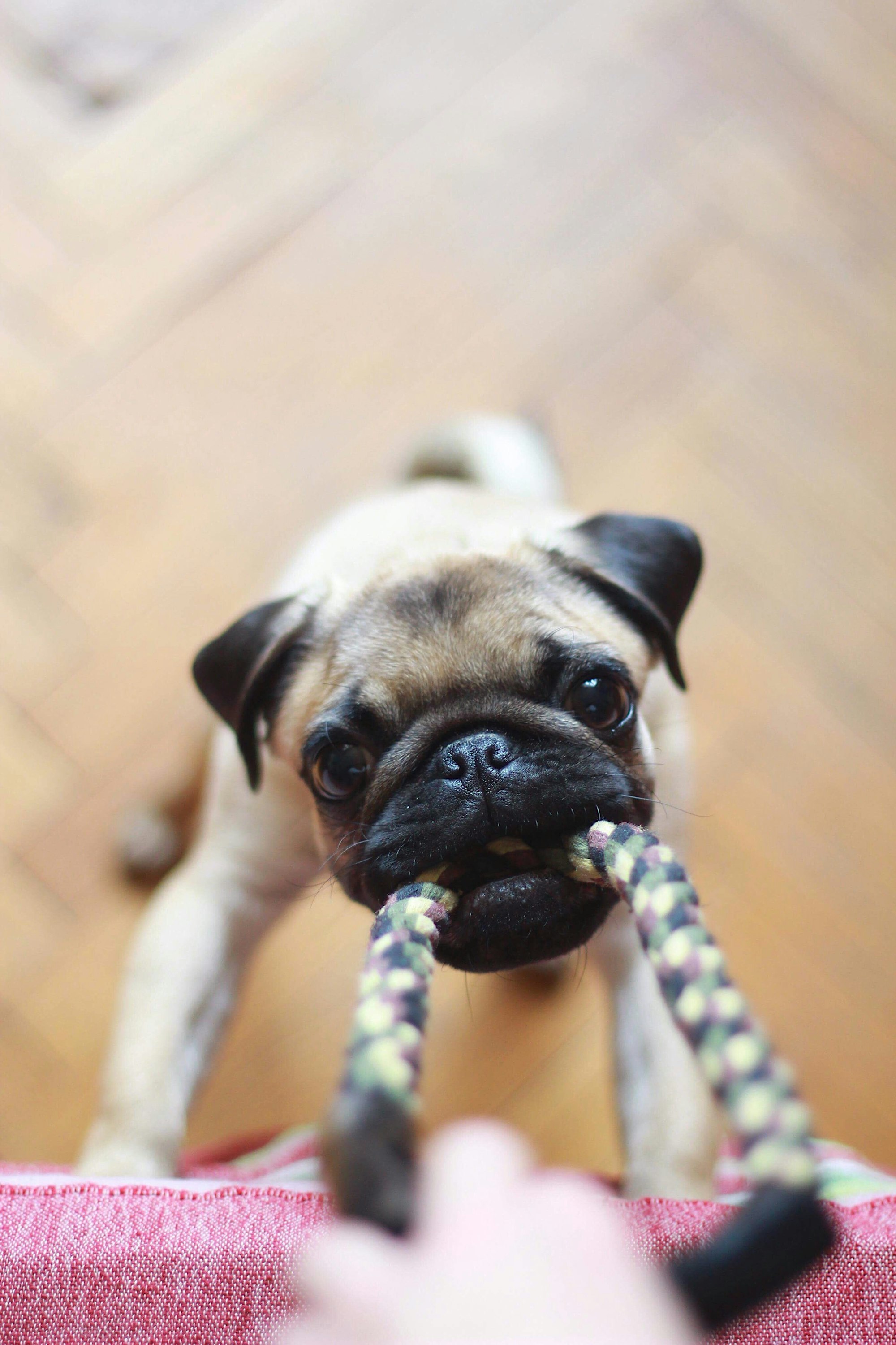
A Matter of Teething
The teething process can be painful and cause aggression in puppies, just like human babies cry often and palace their fingers in their mouths during teething.
Puppy teething lasts longer compared to humans. Puppies have to first experience the falling of baby teeth before the growth of permanent teeth. Teething in puppies can last for 7-8 months. Teething gives puppies the desire to chew and can influence aggressive biting.
A Matter of Overstimulation
Your puppy is likely to struggle when exposed to more-than-normal stimuli that it can usually handle. Just like a toddler, a puppy is unable to soothe or settle himself. Self-soothing is a skill that takes time and develops more as your puppy matures.
Your puppy can be more aggressive when he is overstimulated, so you need to ensure he has enough rest time. He will be reluctant to go to bed alone unless you help tire him out.
When your puppy is overstimulated and tired, he will get cranky and start aggressively biting. This is the time to help me find some good bed rest.
More Serious Forms of Puppy Biting
It is not unusual to encounter a puppy displaying true aggression, even when he is still under four months old, when most puppies are not so playful. Young puppies can start showing true aggression by resource guarding, for instance, by protecting their food, toys, or bones.
You might not be able to distinguish whether this is normal puppy behavior or true aggression.
The best thing to do when in doubt is to observe your puppy and record his moments when you feel he is showing true aggression, then share them with a professional trainer for an accurate diagnosis.
Some of the warning signs of aggression include:
- Growling
- Stiffening of the body
- Biting specifically when guarding resources such as toys, food, and sleeping area
- Biting when approached, handled, moved, picked, or restrained.
If you observe defensive biting, avoid things that trigger your pup's aggressive instincts. Moreover, there are chances that your puppy is nibbling because he resents being picked up or just touched. If your pup’s aggression is a result of resource guarding, we recommend Jean Donaldson’s book Mine which gives a practical guide on how to observe and tackle resource guarding in pups.
How to Stop Puppy from Play Biting Roughly
Once you understand your puppy’s underlying motives and most behaviors, you need to take the initiative to intervene in cases of aggressive biting.
Appropriate training can help redirect your puppy from aggressive biting. It is better to help your pup stop aggressive biting as early as possible
You should try to communicate with your puppy to understand his language and know what he wants, especially when you notice that he or she is adopting aggressive biting behavior. If the aggression persists, you need to seek professional advice.
Avoid Any Form of Punishment
You can correct your puppy’s aggressive biting without necessarily having to punish them. Correction through punishment can make your puppy develop aggressive biting as a coping mechanism. Avoid the following forms of punishment:
- Grabbing your puppy by his muzzle
- Tapping on your puppy’s nose
- A scruff shake
- Yelling
- Grabbing the puppy by his collar
- Pushing the pup away.
- Placing your puppy in a crate when after a bite.
If you redirect your puppy's biting behavior by punishing him, the puppy will develop aggressive behavior to defend himself, and this is likely to cause problems even in the near future.
A puppy who was biting as a normal, playful behavior now turns into aggressive, defensive biting.
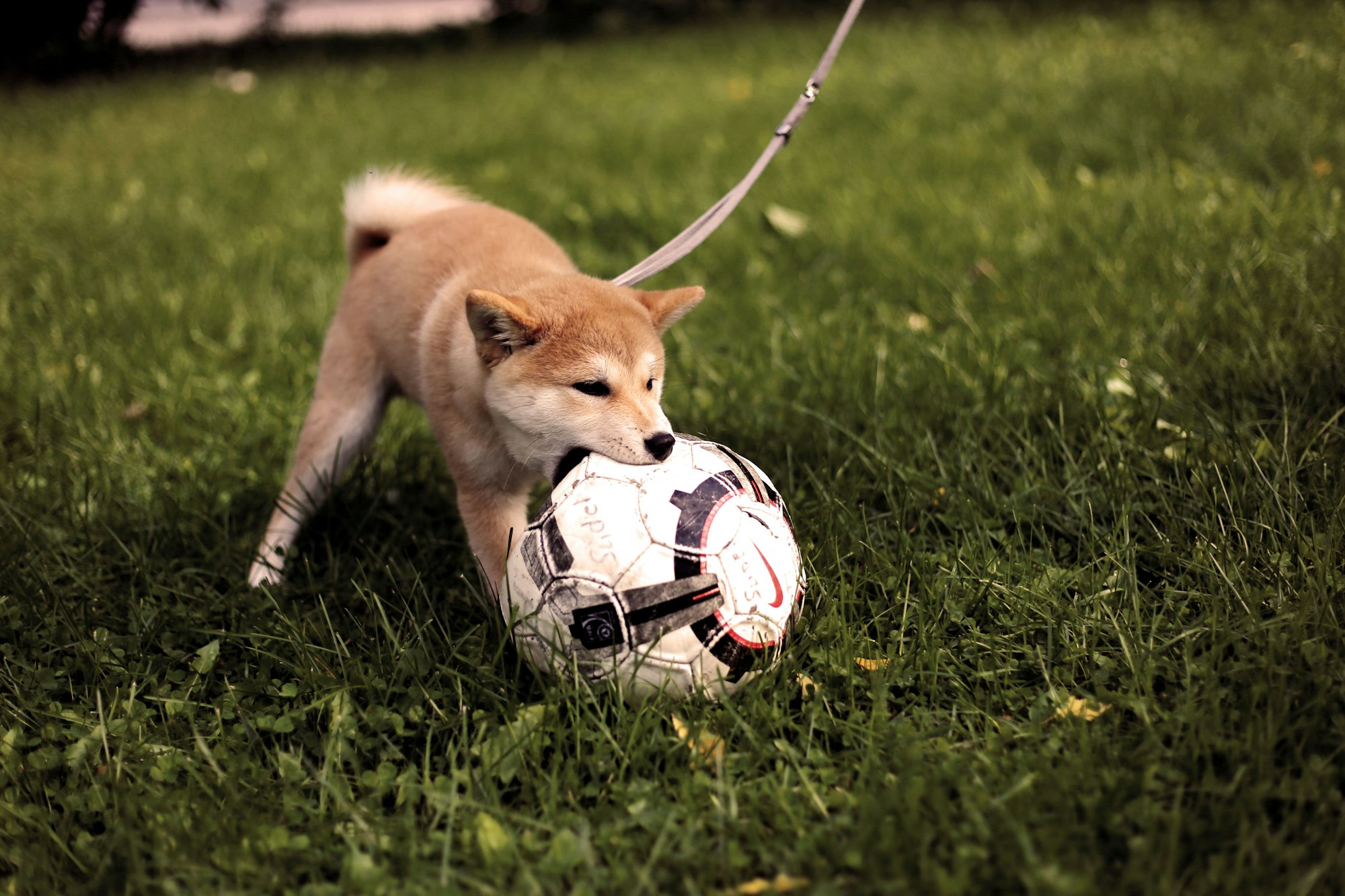
Teach Your Puppy That Hands Aren’t for Biting
Your puppy will develop behaviors based on how you interact with him at an early age. Teaching your puppy to interact gently with your hands or limbs will set them on a gentle path and prevent aggressive biting as the puppy grows.
Train your puppy on games that are alternatives to biting, like fetching and catching toys or bones, instead of biting hands.
Some of the games you can train your puppy in include fetch and tug-of-war because they do not involve rough biting. However, teach your puppy to follow the rules of the game.
Teach your puppy to target with his hands, and this will make him understand that hands are not meant for biting.
Remove Any Temptations From Around the Puppy
You can prevent your puppy from rehearsing aggressive biting by removing things that can encourage this behavior.
You can avoid tempting your puppy by doing the following:
- Wear ankle-length boots if your puppy likes biting your ankles
- Avoid sitting on the floor if your puppy keeps biting your blouse or shirt
- Avoid shoes with laces if your pup loves playing with shoe laces
- Don’t wear long skirts or pants that have loose ends
If you intentionally get rid of the temptation, you will help the puppy stop the aggressive biting behavior.
Become Boring Like A Tree
A puppy is attracted to movement. Each time your puppy bites your feet, legs, or hands, you will respond by moving because it is painful. Your puppy will interpret this as a game and want you to go on and on.
Become boring by staying still, even when your puppy keeps biting you. If you keep moving your hands or limbs every time your pup bites you, he will interpret it as a fun activity and make it a habit to bite you every time. The biting can gradually become aggressive.
You can discourage your puppy from biting aggressively by standing still every time he starts the biting game to make him lose interest in the biting game.
Your puppy might still catch you unaware, so it is better to wear long-sleeve shirts and high-cut shoes to make him lose his biting interest.
Redirect to Something Enticing
Redirect your pup’s biting with a more enticing activity, game, or toy. Your puppy is attracted to movement, so you should redirect him with something that also moves to maintain his curiosity and interest.
Some of the redirection activities and items include:
- Toss kibble or treats in the grass and let the puppy search
- Bully sticks for chewing
- Whimzees chew for puppies
- Kong stuffed with peanut butter
- Flirt pole
- Remote control car
- Drone
Keep these redirection materials at hand so that you can readily avail yourself of them whenever you notice aggressive biting.
The redirection activities are a way to intervene when your puppy is developing aggressive biting behavior.
However, redirection can only be successful if you intervene as early as possible. Immediately after you notice that your puppy is developing a habit of biting into your skin, find redirection activities for him.
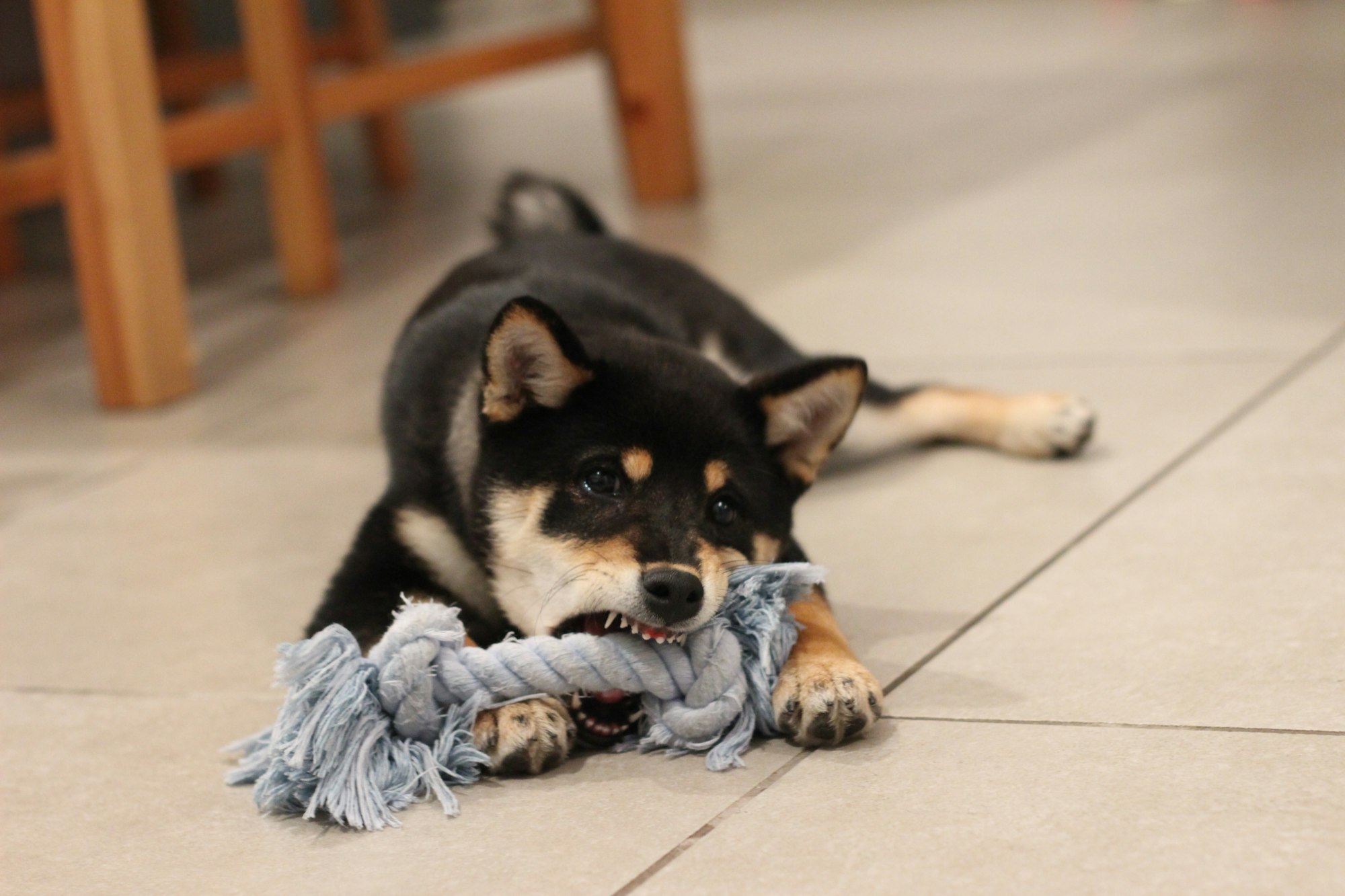
Provide Relief for Teething
During teething, the puppy’s gums irritate, and he develops an urge to chew on something. You can provide relief for teething irritation by feeding your pup peanut-stuffed Kongs, frozen bananas, frozen carrots, and frozen strawberries.
Ice cubes can damage your pup’s teeth; therefore, you should not give them. If you opt to give your pup toys, have a variety so that he does not get bored by a single type of toy.
Provide Enrichment and Training
When your puppy is wandering around, you should take the initiative to provide him with activities to keep him busy and entertained.
You can entertain your puppy with behavioral training, puzzle games, and safe chew techniques to avert aggressive biting.
Provide your puppy with an environment where he gets entertained when he is not in his crate or playpen.
Your puppy will thrive with a blend of highly stimulating games and less stimulating activities. High-stimulating activities include chasing, fetching, and playing with other puppies. Alternatively, less-active games such as treasure hunts, sniffing, or chewing on a toy will help cool down the puppy when he is getting aroused.
Alternative entertaining activities will still make your puppy thrive without having to be aggressive.
Provide Enough Downtime
Too many activities can cause over-excitement for your puppy, making him irritable. Rough biting is a sign that your pup is aroused as a result of highly stimulating activities. Over-excitement can make your puppy start aggressive biting behavior, especially when exposed to an over-stimulating environment for a longer period. You can redirect this by providing your puppy with some downtime.
You can provide your puppy with a break by doing the following:
- Tethering.
- Putting the puppy in a playpen.
- Putting the puppy in his crate.
Set your puppy for a healthy life by offering a break from overly stimulating activities. Prevent aggressive biting behavior from developing in your pup by using the redirection and management options discussed above.
Most puppies struggle to regulate their emotions, and offering enough downtime to them is a good way to redirect their aggressiveness.
Provide the Right Setting for a Nap
Just like a toddler, your puppy can become aggressive when he requires enough sleep. Try to balance enough exercise and sleeping time for the pup.
After every few hours, create a conducive space for your puppy to take a nap and cool down from overstimulation and excitement.
The room in which your puppy sleeps should be quiet, and his crate should be comfortable. Cover the puppy with a blanket to allow him to switch off his 'awake' senses and get into a deep sleep.
Your puppy needs a lot of sleep, usually 16-20 hours a day, to help restore his system and calm down.
What to Avoid When Teaching Your People Not to Bite
Punishing your puppy for aggressive biting can instill fear and even more aggression. Be careful about how you correct or redirect your puppy from aggressive biting. Some of the tips include the following:
Avoid the firm NO
Do not yell out the firm ‘No’ when your pup tries to bite you. Your puppy can interpret this by thinking that your hand is something to be feared or avoided. The puppy might get more aggressive every time he sees a hand waved at him.
Avoid Time Outs
Sending your pup to his crate or room and leaving him secluded there can create resentment. The puppy will see his sleeping crate or his room as a place for punishment. The puppy can become more aggressive if the time-outs continue.
Avoid Rough or Teasing Games
Teach your dog gently by avoiding rough games. Tug of War is good, but create a set of rules for your pup to follow during the game.
Encourage small breaks when playing tug of war by instructing your pup to sit. Observe his demeanor, and if he complies, pause for a few seconds, then continue the game. The small breaks in between a highly stimulating game can help your pup cool down and avoid aggressive biting behavior.
Do not hit your Puppy
Compose your agitation toward your pup’s aggressive biting. Do not hit him. Your puppy can respond to being hit by biting harder as a way of coping with your aggressiveness.
Hitting your puppy will also create fear and ruin your relationship. Even though hitting the puppy may be the most instinctive thing to do as soon as you feel his sharp teeth biting through your skin, try to compose yourself and find a friendlier way of redirecting the pup.
Conclusion
Aggressive biting behavior is your pup’s response to a particular stimulus. As a pup-care mum or dad, you should strive to understand your puppy. Show more kindness, as any form of aggression can worsen your puppy’s irritability and ruin your relationship.
You can find alternative ways to redirect the puppy’s aggressive biting by introducing games and other less stimulating activities. Consult a professional trainer or veterinarian to help correct an aggressive biting puppy.
Understand that this is a tough stage for both the puppy and you as the parent. Preventing potential problems before they cause a lot of damage is the right way to go about it.
Keep your pup exercising in both highly stimulating and less stimulating activities to balance his energy and prevent him from biting aggressively out of over-excitement or boredom.
For more helpful articles about pet-parenting tips, check out the Off Leash blog at TryFi.com.
Want to know more about TryFi.com? The Fi Dog Collar is a GPS tracking collar that not only keeps track of your dog’s location, activity levels, and sleep patterns, but it also alerts you if your dog escapes your backyard. This is the fastest way to find your dog after an escape. Try the Fi Dog Collar today!
